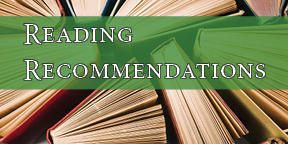
Stairs and Whispers: D/deaf and Disabled Poets Write Back
Edited by Sandra Alland, Khairani Barokka, and Daniel Sluman
(Nine Arches Press, 2017)
Disability is a spectrum we all experience at some point in varying degrees. We have all been sick and will get sick, and our physical and cognitive experience will change as we age. Accidents, illnesses, and impairments are a fundamental part of the human condition, as true as being born, needing breath, nourishment and love.
This book opened my mind to what a book could be, to the potential of books to be inclusive. It’s the most fully accessible book I’ve ever encountered. A ferocious collection of crucial writing by some of the most innovative poets working, it is also a love letter to the reader. Following each poem is a URL to an audio file for readers with low vision. D/deaf poets recorded their poems in British Sign Language on captioned video; image stills from the recordings with respective links to the poems online are included in the book along with a section of descriptive text for all photos and visual poetry within the anthology. Thoughtful content notes and definitions of complex ideas welcome the reader by providing context and a more thorough background to enjoy the work. The reader is welcomed into the anthology as a peer, as a friend, through commonality of experience and with the necessary technical augments (links to audio files, descriptive text of visual images) to ensure that as many readers as possible are able to access the work.
There are staggeringly few anthologies of poetry by disabled poets, despite the fact that a great many poets working today are disabled. Perhaps many do not identify as such, thinking that their chronic pain or mental health issues “disqualify” them from being disabled. Perhaps many poets working are going to great lengths to conceal their impairments, for fear of being othered. Perhaps many poets working are not given space or attention because their work might require the reader to do a little more work than they are used to, or be presented in a format they might not be familiar with, like sign language. And yes, it is challenging for publishers to adjust their workflow to include adding audio or video along with printed matter, and of course such technology is still new-fangled and shiny. But it exists. And the poets and readers who use this technology, daily, as part of their lived experience, exist, and exist in great numbers.
The poems within this anthology reflect the spectrum of disability, both in content and form. Experiments with form mirror the lived experience of inhabiting a physical and mental form that is not considered the default, is considered by cultural norms to be different, less than, other, divergent, a problem, an issue. As Abi Palmer writes in her essay “No Body to Write With: Intrusion as a Manifesto for D/deaf and/or Disabled Poets,” “Disability poetics is a breeding ground of innovation and variety: of ruptures and chasms; poetry that performs, and is informed by, the infinite physical and neurological realities of the disabled body.” Who better to demonstrate the value of variation in poetic form than poets who are variation’s embodiment?
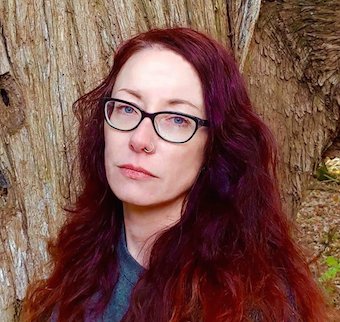
~ Roxanna Bennett
Roxanna Bennett published her first poem, "Another Motive for Metaphor," in The Fiddlehead no. 226 (Winter 2006). More recently, her poems, “Progression of the Disorder” and “Postcards from Hibernia,” appeared in The Fiddlehead no. 281 (Autumn 2019). “Progression of the Disorder” appears in Unmeaningable (Gordon Hill Press, 2019). She is disabled and lives on the traditional territory of the Mississaugas of Scugog Island First Nations and the territory covered by the Williams Treaties (Whitby, Ontario).
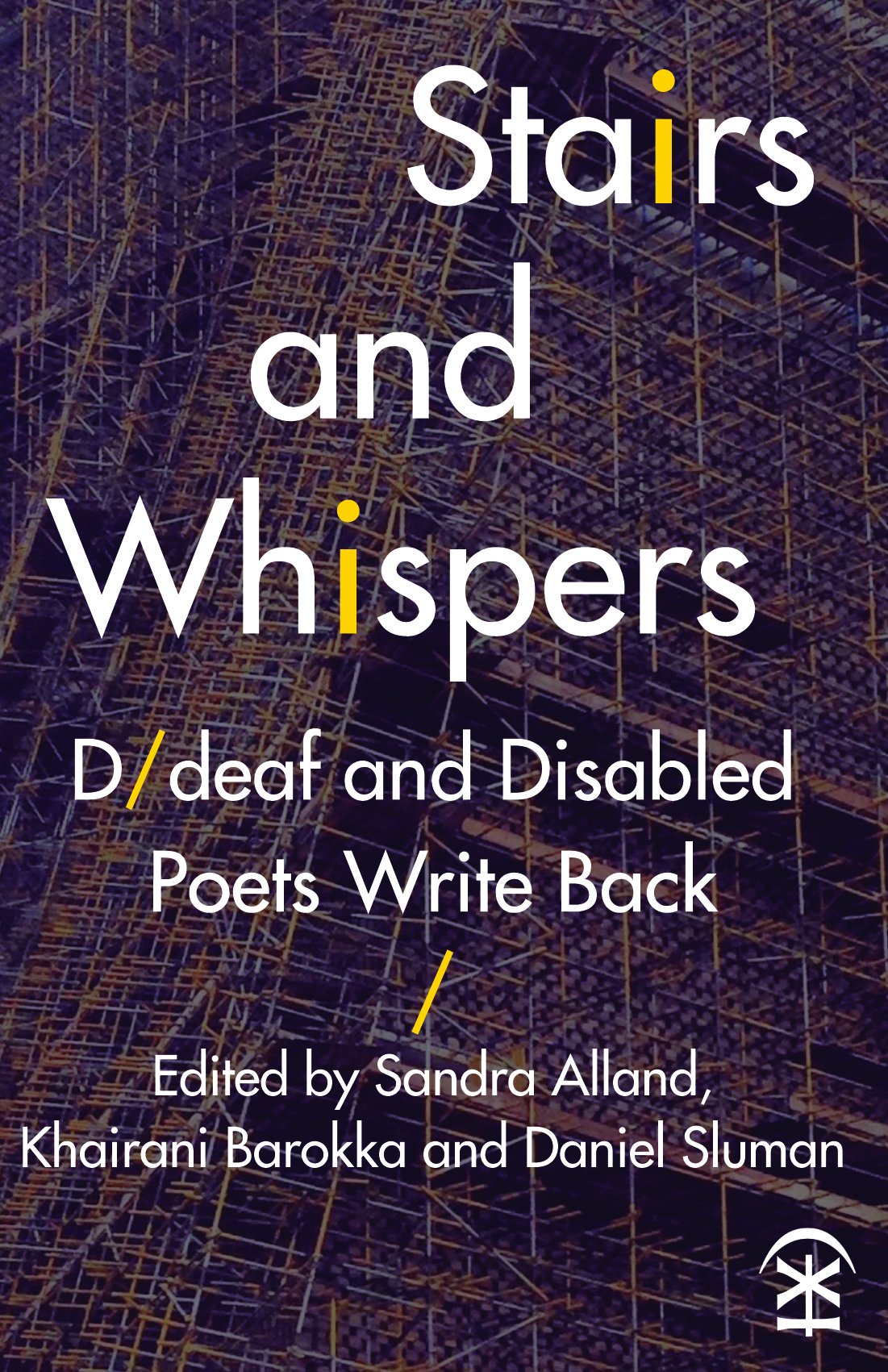

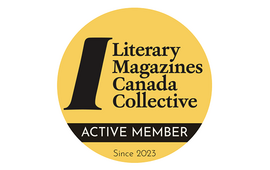




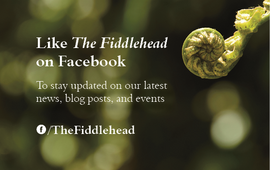




Add new comment